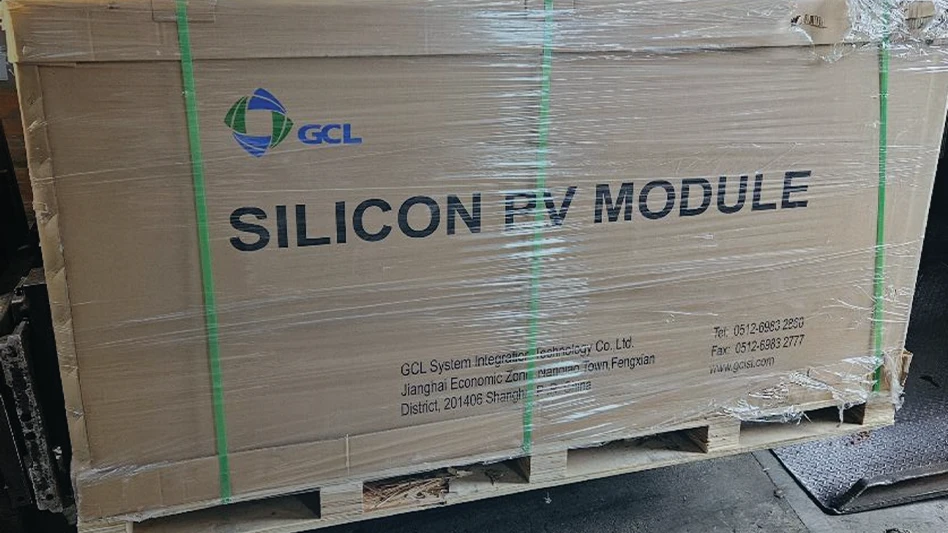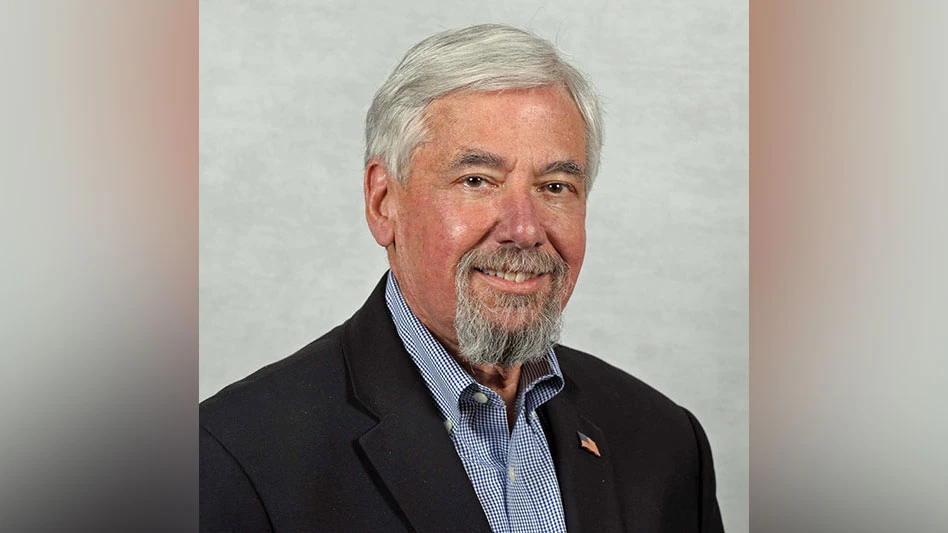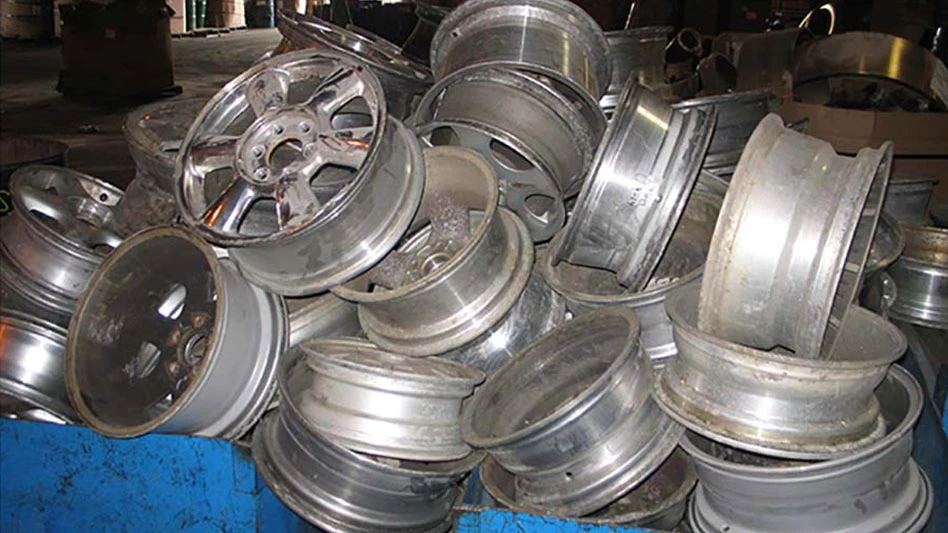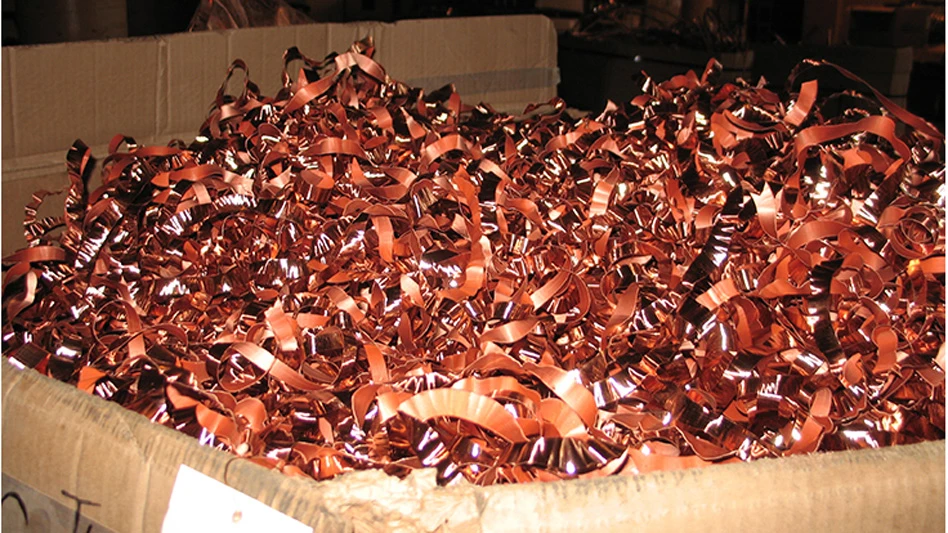Rob Wise
Account executive at Ferrous Processing & Trading Co.

Ferrous Processing & Trading Co. (FPT), headquartered in Detroit, is the first and only company that Rob Wise has worked for in the scrap recycling industry, but he says it wasn’t the first stop in his career. Prior to joining FPT in a processing role in 2013, he worked in the culinary industry and as a radio host.
“My career path has been a very winding, incongruous road, there’s no doubt about that,” Wise says, adding that he tried to attend a traditional college upon graduating from high school but could not determine a career path at that time.
Wise eventually attended a 52-week culinary school and held positions as a sous chef and executive chef at two restaurants in Detroit early in his career. In 2012, he decided to take a role as a producer and host on ESPN Radio in Detroit. However, he says, he was laid off from the radio job in 2013 and needed to find a new job quickly.
“My career path has been a very winding, incongruous road, there’s no doubt about that.”
“At that time, I was newly wed when I found myself with no employment,” Wise says. “I spent six or seven weeks following leads in the broadcasting industry, but I needed to work. We could only survive on one income at that point in our lives for so long.”
He adds that a friend told him about a laborer position at FPT’s facility in Pontiac, Michigan, and helped him to get an interview with the company. Wise says he got that job and has stayed with the company for the past eight years, taking on new positions of increasing responsibility over the years. Today he serves as an account executive for FPT’s facility in Miami.
Recycling Today (RT): When you started at FPT, did you think you would stay at the company and in the scrap industry for long?
Rob Wise (RW): I’ve always been a person who thinks, “Let’s just see where this path leads.” You walk through the open doors that are in front of you, and the worst thing that could happen is that it doesn’t work out and you have to get back into the marketplace and look for something else.
[When starting at FPT], I was taking a physical labor job for the first time in a while at that point in my career. I had been in radio for a while, which is very office-driven and 9-5. As I stayed at FPT and learned more about the business and got my feet wet and saw opportunity, that made it more appealing as I went forward. When I first got here, certainly I was looking at all of my options—as anybody else would—and wasn’t sure if I was going to go back to cooking or if I would be offered a radio job. But did I think I would be sitting here today? I guess the answer is no.
RT: What were some of the challenges transitioning to the scrap industry?
RW: The biggest challenge, other than trying to learn how to drive equipment I had never driven before in my life, was just learning the materials. The learning about grades and trying to figure out where materials go, that part can be very overwhelming when you’re coming up even at the processing level and lowest laborer position; I felt the pressure to get it right. I think that prepared me for where I am today.
RT: What is the company culture like at FPT?
RW: The culture is super supportive. I don’t think I would be where I am today if there wasn’t that promote-from-within culture that we’ve built here. There aren’t a lot of places you can go where you can go from driving a fork truck to running a trading team in a region in eight years. FPT has opened a lot of doors and has allowed me to walk through them.
Get curated news on YOUR industry.
Enter your email to receive our newsletters.
Explore the October 2021 Issue
Check out more from this issue and find your next story to read.
Latest from Recycling Today
- California EPS ban will be enforced
- YKK AP America introduces BetterBillet
- Fresh Perspective: Cameron Keefe
- Nexwaste acquires 3 Texas businesses
- Maryland EPR bill awaits signature
- ABTC sells Fernley, Nevada, property
- Aqua Metals developing LFP recycling process
- RMR ceases shredding operations in Newport, Kentucky






